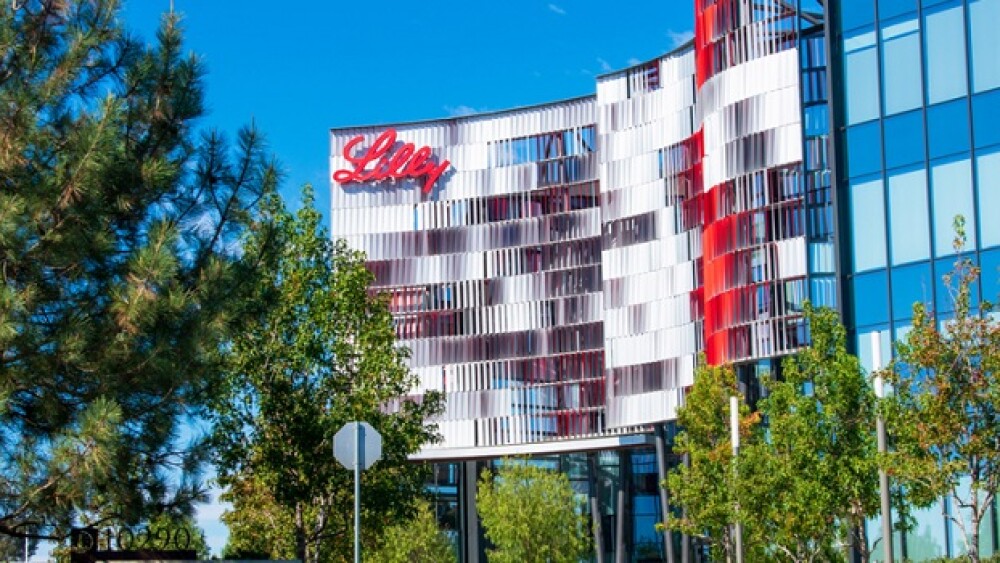Despite these challenges, Raphael remains dedicated to developing the field of cancer metabolism-based therapeutics.
Thursday morning provided a chilly announcement from Cranbury, New Jersey, as Rafael Pharmaceuticals reported disappointing results from two Phase III clinical trials evaluating the safety and efficacy of cancer metabolism drug CPI-613® (devimistat) when combined with modified FOLFIRINOX (mFFX) as a first-line therapy.
In the first of the two studies, a multi-national Phase III randomized clinical trial, 528 patients with metastatic adenocarcinoma of the pancreas and no previous history of treatment were administered either FOLFIRINOX alone or a combination of devimistat and FOLFIRINOX. Unfortunately, patients that were administered devimistat in combination with FOLFIRINOX did not experience a significant survival benefit. While the median survival for the singular treatment was 11.1 months, the median survival for the combined treatment was only about six months more at 11.7 months.
The second study was a multicenter, open-label Phase III randomized clinical trial. Older patients with relapsed or refractory acute myeloid leukemia (AML) were administered either a standard treatment of high-dosage cytarabine and mitoxantrone, or a combination treatment of that and devimistat. However, the independent data monitoring committee overseeing the trial recommended in their most recently scheduled interim analysis that the trial be ended prematurely due to the lack of efficacy.
“Earlier clinical trial data demonstrated positive results, despite the challenges we face in treating AML,” said Dr. Jorge Cortes, M.D., director of the Georgia Cancer Center at Augusta University, in partial to the previous interim futility analysis, in which the data monitoring committee assessed the intention to treat population and reported the trial as non-futile. “We were all hoping for positive results, and while this trial did not meet our expectations, we will continue to test devimistat in other studies.”
Devimistat is a cancer metabolism therapy, which means that it takes advantage of the trademark metabolic patterns of cancer cells. While there is a potentially infinite chasm filled to the brim with possible pathways to manipulate, devimistat exploits enzymes found in the mitochondria to interrupt the mitochondrial tricarboxylic acid (TCA) cycle and increase cellular stress.
This would make devimistat ideal for combining with chemotherapeutic agents because this stress increases the cancer cells’ sensitivity to treatment, such that lower doses of toxic drugs would be necessary to achieve therapeutic effect. It was hoped that this combination treatment would result in lowered patient side effects.
Despite these challenges, Raphael, as a clinical-stage oncology company, remains dedicated to developing the field of cancer metabolism-based therapeutics.
“These cancers are incredibly difficult to treat, with few to no effective treatments available, but Rafael took the risk because we will always fight for our patients,” said Rafael President and CEO Sanjeev Luther. “While we are disappointed by the outcomes of these well-designed and well-executed studies, we remain committed to furthering our research and development in cancer metabolism for the treatment of hard-to-treat cancers, as our other studies continue.”





